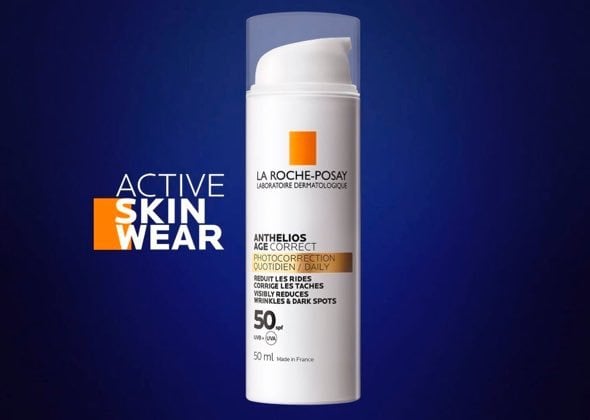What can I do about skin rashes that itch?
Skin rashes that itch include urticaria (hives), contact dermatitis and eczema. All will benefit from an over-the-counter oral anti-histamine. In addition, spritzing Thermal Spring Water will instantly calm itching. Then, reinforce your skin’s barrier with a hypoallergenic moisturiser. If itchy rashes are recurrent, try visiting an allergist to pinpoint the cause of your problems.
Learn more







